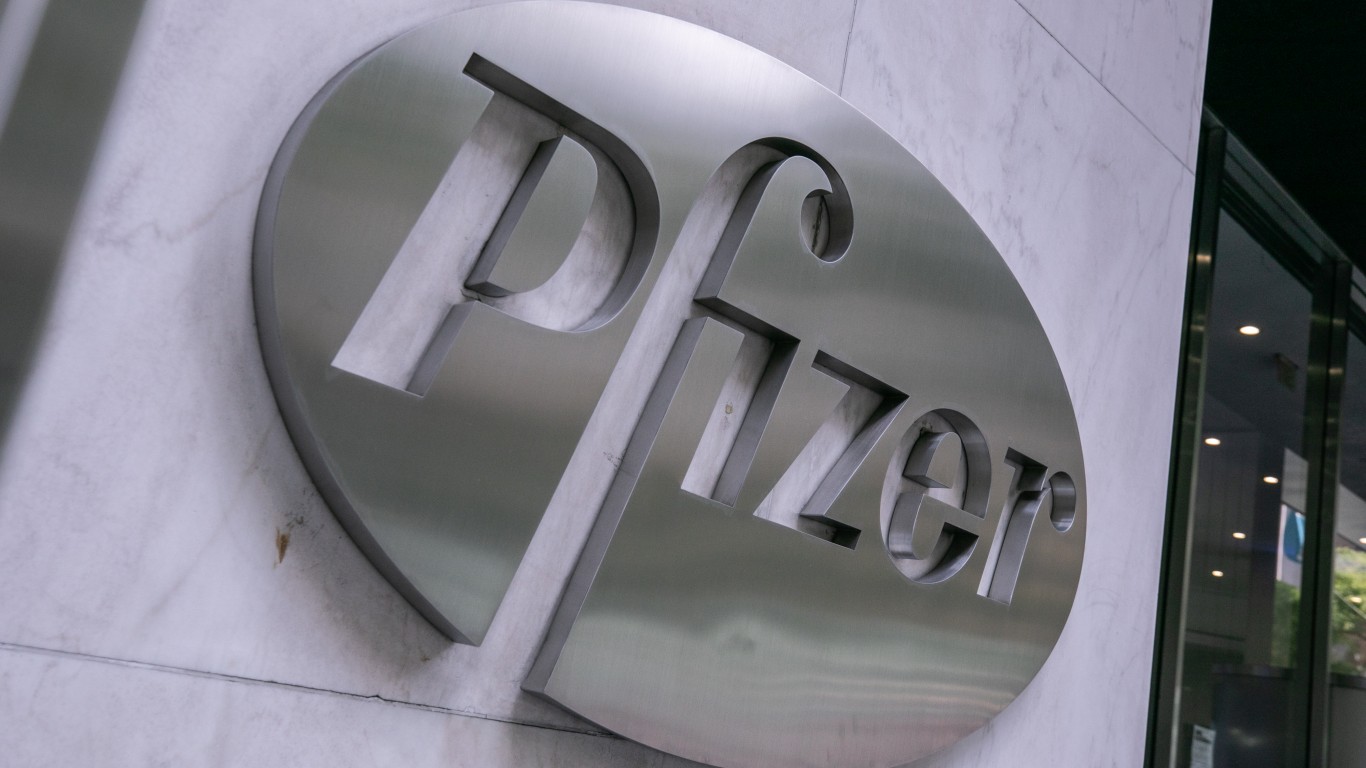 Whether the Germans wanted to flaunt it or not, they have always been the economic linchpin of the Eurozone. They were, until last year when China pulled ahead, the world’s largest exporter. Their GDP, the fifth largest in the world, allows them to dominate the financial relationships among the Eurozon nations although on paper they are only one of 16 equal nations
Whether the Germans wanted to flaunt it or not, they have always been the economic linchpin of the Eurozone. They were, until last year when China pulled ahead, the world’s largest exporter. Their GDP, the fifth largest in the world, allows them to dominate the financial relationships among the Eurozon nations although on paper they are only one of 16 equal nations
But, it was Germany that could block the Greek bailout, and its citizens favored letting the southern European nation go under. Germany’s pledge was needed along with the IMF’s. Chancellor Merkel postured for over a month, looking for greater and greater concession from Greece. That waiting time and the pressure for political capitulation almost certainly stymied the Greeks’ ability to raise money in the capital markets.
When it looked like default of Greece’s sovereign paper was imminent. The Germans snapped into line offering what will be as much as 15% of what will be a $140 billion bailout. That may eventually hurt Germany’s own “balance sheet” and could cause a modest increase in taxes. Germans are painfully aware of that, and so is Merkel whose stance could eventually cost her the chancellorship.
The Germans turned on a dime but the reasons for the turn are not clear. They may believe that if the contagion from a Greek default spread that the cost of bailing out Spain and Portugal might have a $500 billion price tag. In that case, the Germans would have to reject the idea that moral hazard would cause serial defaults by nations that might find a bailout better than a defeat on their obligations.
Or, just as likely, Germany understood that the costs to its banks and financial system could be in the billions of dollars if Greece went under financially. German banks hold tens of billion of dollars in Greek paper. So do banks in France. A series of potential bank failure in the two largest nations in the Eurozone might cause the withdrawal of massive amount of capital that would seek safer haven, perhaps in the US.
Whatever the reason, the German parliament approved the investment in the Greek aid package almost certainly seeing something on the horizon much larger than Greece.
Douglas A. McIntyre
The Average American Has No Idea How Much Money You Can Make Today (Sponsor)
The last few years made people forget how much banks and CD’s can pay. Meanwhile, interest rates have spiked and many can afford to pay you much more, but most are keeping yields low and hoping you won’t notice.
But there is good news. To win qualified customers, some accounts are paying almost 10x the national average! That’s an incredible way to keep your money safe and earn more at the same time. Our top pick for high yield savings accounts includes other benefits as well. You can earn up to 3.80% with a Checking & Savings Account today Sign up and get up to $300 with direct deposit. No account fees. FDIC Insured.
Click here to see how much more you could be earning on your savings today. It takes just a few minutes to open an account to make your money work for you.
Our top pick for high yield savings accounts includes other benefits as well. You can earn up to 4.00% with a Checking & Savings Account from Sofi. Sign up and get up to $300 with direct deposit. No account fees. FDIC Insured.
Thank you for reading! Have some feedback for us?
Contact the 24/7 Wall St. editorial team.





